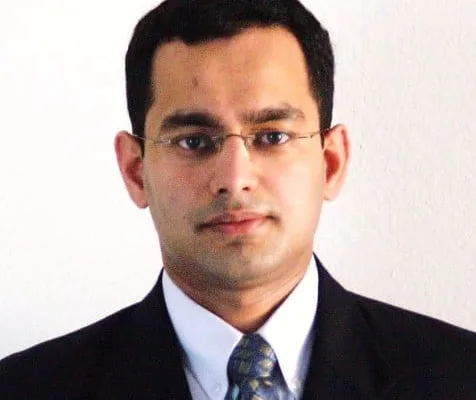Vijay Almeida, an NRI entrepreneur from Silicon Valley, USA, vigorously approves the No Sir No Madam cause. He is the founder of an automotive start-up titled “Spry Jump” (www.spryjump.com). Conjointly, he has been serving in the high-tech industry for over 15 years.
Considering the initiative valuable, he speaks — “If we tend to eliminate badmouthing in India, the No Sir No Madam approach will surely change perspectives.” In the USA, all the sectors follow first-name culture. He mentions that all the places he has worked explicitly followed the No Sir No Madam culture.
He chunks up his struggle against the government during his visit to India. Vijay explains his experience where he was asked to show respect, more than actually needed. He had to visit a bank manager during his stay in India. Vijay was a customer, still the manager expected him to follow Sir/Madam nomenclature.
Furthermore, he had similar experiences in the revenue department in India. The general public, who are the taxpayers, are foretold to follow this menace. Consequently, this authoritative section takes the first-name attitude as an offense or insult. “Your work is delayed or rather not looked upon, if you do not abide by their terms” he speaks. Additionally, he blabs about the superiority complex that high position holders have, who consider common people in rags.
According to Vijay, the Sir/Madam nomenclature is a part of the colonial hangover. To maintain their supposed superiority and a part of divide-run strategy, Britisher promoted Sir/Madam plague. Thus, all these malicious practices need to be abolished in India.
He remarks Indians to be ignorant of No Sir No Madam culture and persistent towards following the Sir/Madam ethic. Furthermore, he proclaims, “No Sir No Madam should not be misinterpreted for disrespect.” It should be accepted as mutual cognizance and respect.
Vijay enthusiastically expresses his views on factual differences in addressing someone with his name. Coupled with, he quotes “The level of personal freedom, dignity and respect will pile up together, if Sir/Madam culture is eliminated.” Henceforth, everyone would be free to express his/her or her views.
In conjunction with No Sir No Madam crusade, he gabs — people in India should be forward enough to accept this culture as in the United States. In consideration, when people have flexibility, they are prone to discard workplace discrimination. At the same time, the perpetrators of discrimination become less daring in preying on the weak.
While pursuing his bachelor’s degree at the University of Pune, he never came across Sir/Madam culture. Still, he heard that colleges followed the culture where juniors had to address seniors as Sir/Madam. It is considered as inculcating mannerism within students. However, he marks it as British mannerism.
Therefore, Vijay acknowledges that the current education system in India is lagging behind. Presently, people see education as learning science and mathematics. However, they unaware of the difference social science and communication can make.
He speaks about “Lage Raho Munna Bhai,” a bollywood movie starring Sanjay Dutt. Where Sanjay Dutt says, if Mahatma Gandhi was alive he would exclaim “desh to apna hogya hai, lekin log paraye hogye hain!” Thus, he enunciates that Indians should come out of virtual slavery by quitting rambling Sir/Madam.
Vijay idolizes the Indian culture and points out some of the cordialities the Indians have to look into. He advocates, “Beyond the bounds to become advance and forward. We do not have to flaunt it by our clothes or branded stuff. Rather, this should be highly rested in our thinking.”
He talks about how Indians are greatly influenced by American culture in a day-to-day life. Thus, Vijay suggests Indians to adopt positive traits from Americans, including equality at the workplace by implementing first-name culture.
Lastly, he strongly recommends everyone to follow No Sir No Madam culture in India. Chiefly to the school going children, ultimately they are the ones who can bring about a change in the society. Nevertheless, if every individual becomes aware of this cause today, the change will transpire shortly.
As it is said — “You cannot change what is going on around you until you start changing what is going on within you.” Thus, to take this cause to the next level, educate masses to quit droning Sir/Madam.







Add comment